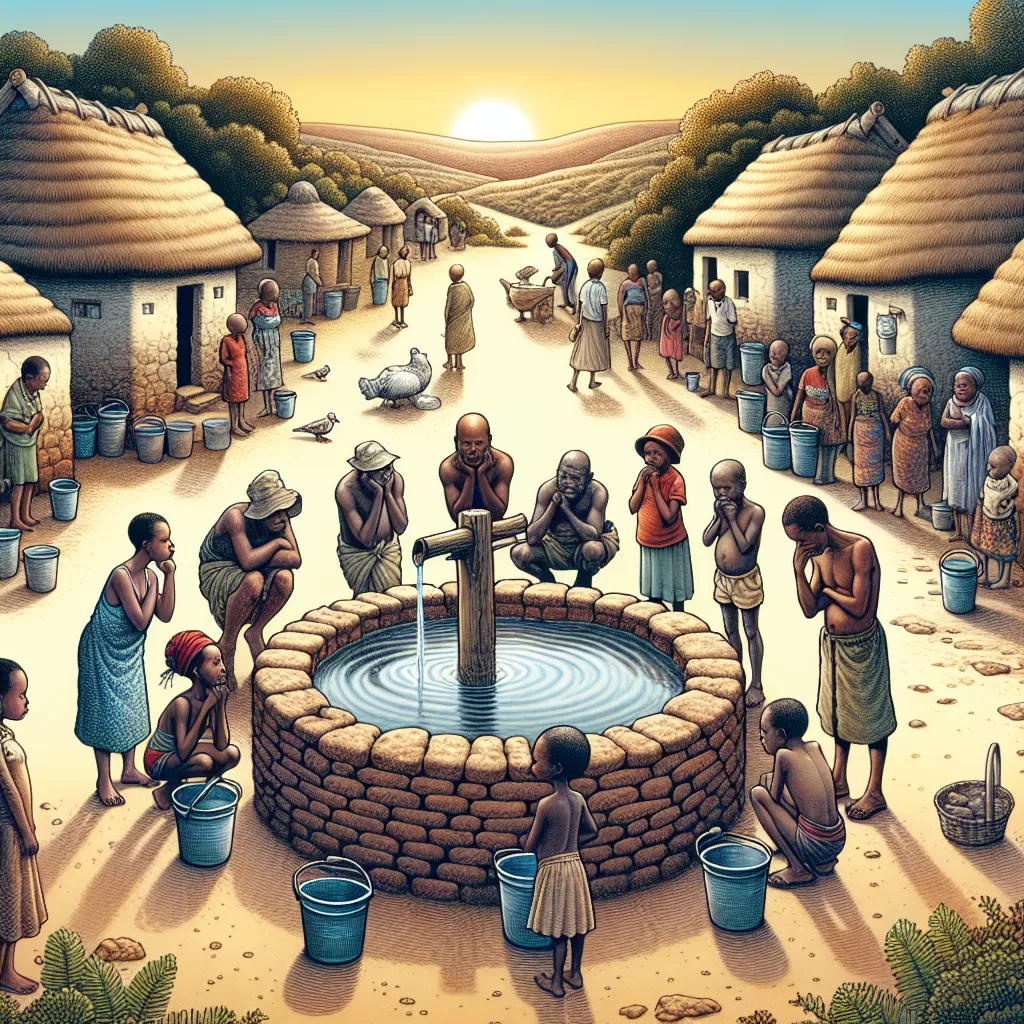South Africa stands among just 52 countries worldwide that enshrine the right to water access. However, the reality falls short of this commitment. Section 27 of the constitution mandates that every citizen should have access to sufficient, clean, safe, and affordable water. Yet, this fundamental right remains unfulfilled for a significant portion of the population.
The water crisis in South Africa is multifaceted, exacerbated by aging infrastructure, climate change impacts, and rapid urbanization. Frequent droughts, compounded by inefficient distribution systems, have left many communities high and dry. Moreover, contamination from industrial activities and inadequate sanitation pose serious health risks.
A Call for Systemic Reform
Experts argue that a comprehensive overhaul of water policies and infrastructure is crucial to address this pressing issue. Increased investment in sustainable water management practices, such as rainwater harvesting, desalination, and wastewater recycling, could alleviate pressure on strained resources.
Furthermore, prioritizing water conservation through public awareness campaigns and incentives for efficient usage could significantly reduce demand. Collaboration between government, civil society, and the private sector is vital to develop holistic, locally-tailored solutions.
A Global Challenge
South Africa’s water crisis reflects a broader global pattern. According to the United Nations, by 2050, half of the world’s population could face water scarcity, highlighting the urgency of proactive measures. Ensuring equitable access to clean water is not only a human rights imperative but also a prerequisite for sustainable development, public health, and economic prosperity.
As the world grapples with the compounding effects of climate change and population growth, nations must prioritize water security. South Africa’s struggle serves as a poignant reminder that guaranteeing water access requires sustained commitment, innovation, and cross-sectoral cooperation.
Tags: [Water Scarcity](https://en.wikipedia.org/wiki/Water_scarcity), [Water Security](https://en.wikipedia.org/wiki/Water_security), [Sustainable Development](https://en.wikipedia.org/wiki/Sustainable_development), [Climate Change Adaptation](https://en.wikipedia.org/wiki/Climate_change_adaptation), [Water Conservation](https://en.wikipedia.org/wiki/Water_conservation)

